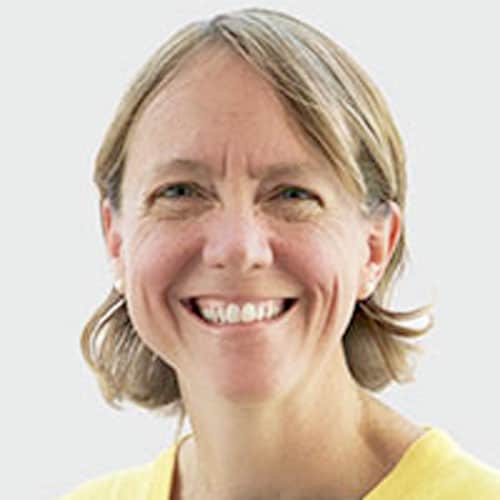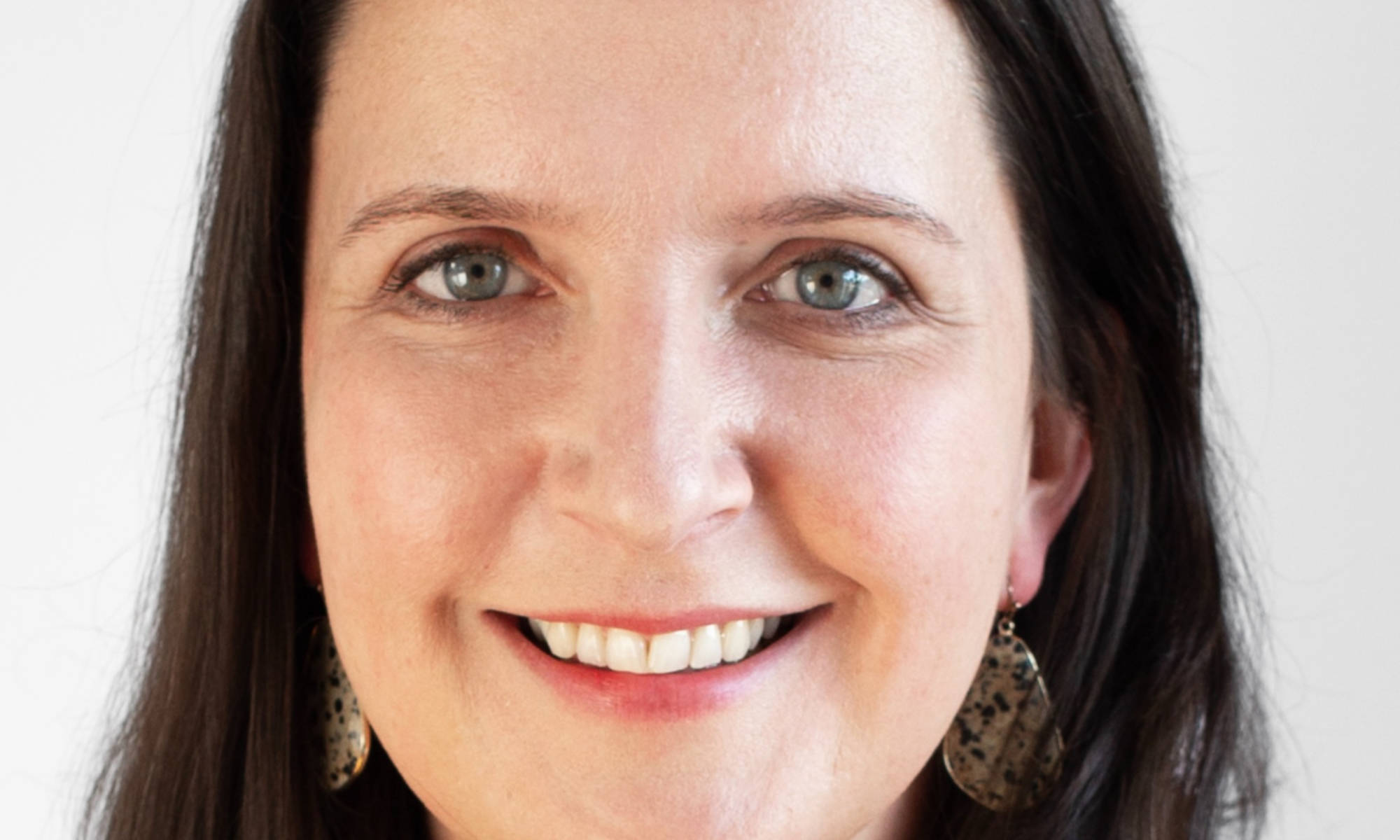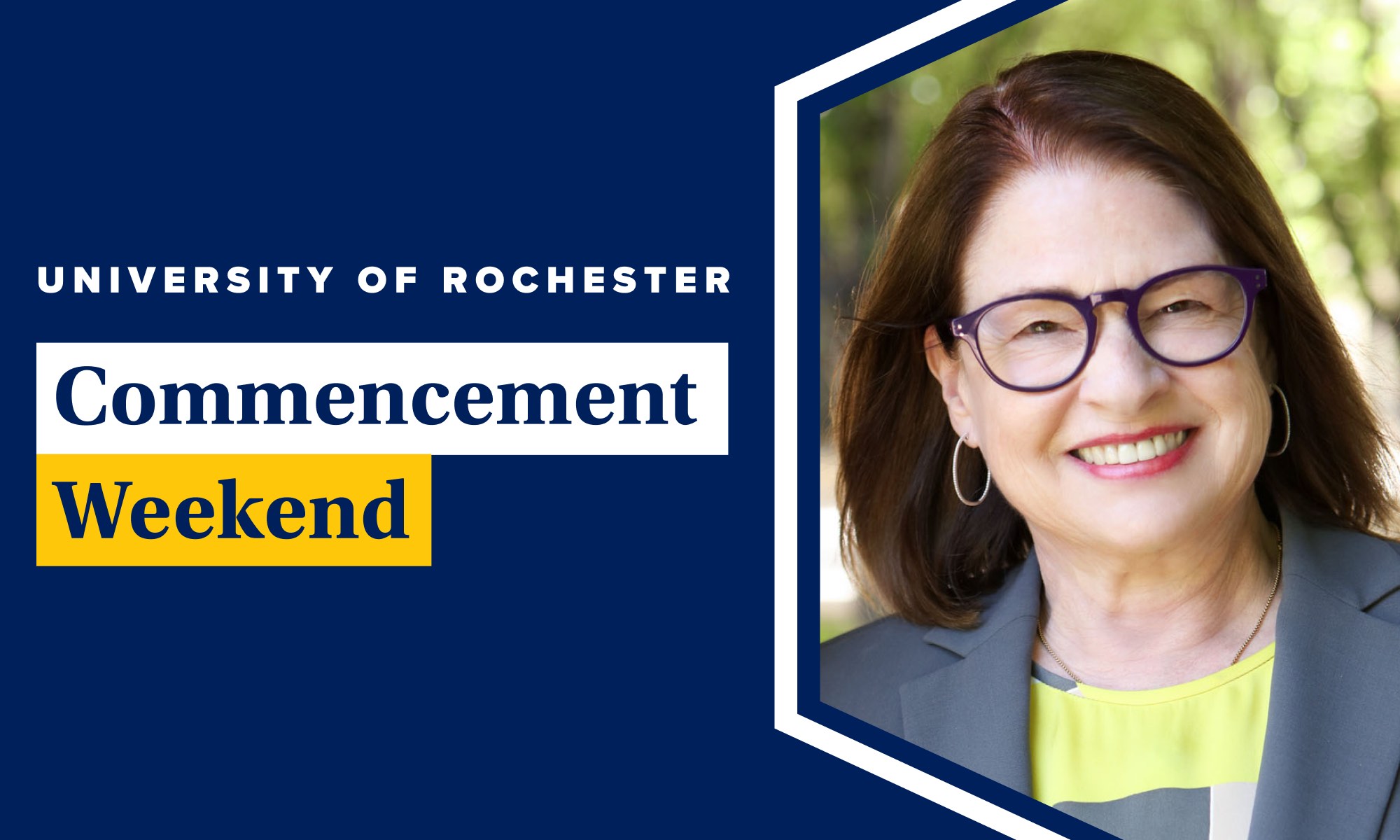The University of Rochester will recognize the outstanding contributions of distinguished leaders, scholars, and humanitarians by bestowing 2017 honorary degrees, Eastman Medals, Hutchison Medals, and awards for scholarship and teaching. These awards will be presented at the 167th Commencement ceremonies on May 19, 20, and 21, and at the Simon Business School ceremony on June 4.
2017 University Honorary Degrees
Paul Singer ’66—Honorary Doctor of Science Degree
Paul Singer is founder and president of Elliott Management Corporation, a New York-based trading firm. Launched in 1977 with $1 million of capital, total assets under management for the Elliott funds have grown to over $33 billion today.
In 2013, Singer signed The Giving Pledge, committing to donate more than half of his wealth within his lifetime to address society’s “most difficult moral and economic challenges.” In his philanthropic activities, he has played a leadership role in supporting research and scholars in the areas of free-market economics, rule of law and transparency, health care delivery innovation, U.S. national security, and the future of Israel. Singer is also active in supporting LGBT equality efforts. According to The New York Times, he was “instrumental in the successful campaign to legalize same-sex marriage in New York.”
He is co-founder of Start-Up Nation Central, an organization committed to solving global problems through deepening ties between Israel’s start-up ecosystem and the global innovation economy. He is on the boards of Harvard Medical School and of Commentary magazine. Singer is also chairman of The Manhattan Institute for Policy Research. He is a graduate of Harvard Law School.
Singer has supported the University of Rochester as a member of the Board of Trustees Investment Committee, philanthropically by founding the Singer Prize for Excellence in Secondary Teaching, and supporting the Politics and Markets Project, as well as speaking at student and alumni events.
The Eastman Medal recognizes outstanding achievement and dedicated service in honor of the University’s great benefactor and the founder of Eastman Kodak Company.
The Ganatra Family—Eastman Medal
As global philanthropists, the Ganatra Family exemplifies an unwavering commitment to excellence, service, and innovation. Tansukh Ganatra, now retired, was vice-chairman and CEO of North Carolina-based US LEC, which he co-founded with University Trustee Richard T. Aab. Previously, Tansukh was president and chief operating officer for ACC Corp. in Rochester.
Born in Uganda, he met his wife, Sarla, in Kenya, and they immigrated to the U.S. in 1969. The family lived in Rochester for 21 years before moving to Charlotte, North Carolina in 1990. Sarla volunteers at the Hindu Center of Charlotte and is active in the Sanskruti Foundation. Their son, Rajesh, obtained his accounting degree at the University of North Carolina-Charlotte in 1994 and works in philanthropy, web design, and financial management.
In 2015, the family created the Tansukh, Sarla and Rajesh Ganatra Distinguished Professorship in Pediatric Cardiac Surgery out of gratitude to the University of Rochester Medical Center pediatric doctors who helped their family and loved ones. The professorship is part of the family’s longtime support of pediatric cardiology at the Medical Center. Tansukh is a member of the advisory board at the Aab Cardiovascular Research Institute, where the Ganatra family has pledged a significant portion of their family estate. The Ganatra Family Atrium in the Golisano Children’s Hospital is named in their honor through a generous gift by Richard Aab.
The Ganatras have also been honored for their significant philanthropic contributions in India, which include funding for rural education and medical relief, as well as for the spiritually revered Shri Hari Mandir temple in Porbandar, Gujarat, India.
The Charles Force Hutchison and Marjorie Smith Hutchison Medal recognizes alumni for outstanding achievement and notable service.
Jimmie V. Reyna ’75—Hutchison Medal
Circuit Judge Jimmie V. Reyna, who will deliver the 2017 College Commencement address on Sunday, May 21, was appointed to the United States Court of Appeals for the Federal Circuit in April 2011.
Reyna began his career in Albuquerque, New Mexico as a law firm associate working on insurance defense cases, and later worked as a solo practitioner handling criminal, domestic relations, negligence, and business law matters. After relocating to Washington, he joined Stewart and Stewart as an associate, and then as a partner. In 1998, he joined the Washington office of Williams Mullen, where he led the firm’s International Trade and Customs Practice Group, the Latin America Task Force, and served on its board of directors. He received his bachelor’s degree from the
University in 1975 and a J.D. from the University of New Mexico School of Law in 1978.
A distinguished international trade lawyer and expert, Reyna is the author of two books and many articles on international trade and customs issues. He was the founder and senior co-editor of the Hispanic National Bar Association Journal of Law and Policy.
He has long been a leader in the Hispanic legal community and is frequently recognized among the top 100 influential Hispanics. In 2009, the Mexican government presented him with the Ohtli Award in Law, the highest honor bestowed by the Mexican government for non-Mexican citizens. Reyna served as national president of the Hispanic National Bar Association in 2006–2007.
Mark S. Ain ’67S (MBA)—Hutchison Medal
Mark Ain is founder and the former chairman and CEO of Kronos Incorporated, a Chelmsford, Massachusetts-based global provider of workforce management solutions.
Ain received a bachelor’s degree in electrical engineering from MIT in 1964 and MBA from the Simon Business School in 1967. During the next decade, he worked in various technology roles and as an independent management consultant. Ain’s strong sense of self-direction and eventual determination to pursue his own business ideas led him to found Kronos—named for the Greek word for time—in 1977.
As he transformed Kronos into the billion-dollar leader of its market, Ain became a mentor to students at his alma mater and in 2007 founded the annual Mark Ain Business Model Workshop Series and Competition, which provides aspiring student entrepreneurs an opportunity to develop business models and compete for a cash prize. In 2015, the University named the Ain Center for Entrepreneurship in recognition of Ain’s visionary leadership and support of entrepreneurial students University-wide. He is a recipient of the Simon School’s Distinguished Alumnus Award and the Simon School Dean’s Medal.
A University trustee and member of the Simon National Council, Ain served on The Meliora Challenge Campaign Cabinet and on the Boston Regional Cabinet. He and his wife, Carolyn, have given more than $5 million for entrepreneurship education at the University, including contributions for scholarships, internships, and the University’s Student Incubator at High Tech Rochester, which advances student-run enterprises.
Carol C. Nadelson ’61M (MD)—Hutchison Medal
Carol Nadelson is a national and international leader in psychiatry. She is founding director of the Partners and Brigham/Women’s Hospital Office for Women’s Careers (OWC) and professor of psychiatry at Harvard Medical School. She made OWC a world leader in medical education through her pioneering of programs to advance careers and ensure benefits for women MDs and PhDs.
She has been a powerful influence on policy related to women in medicine since her academic career began. She is a Phi Beta Kappa graduate of Brooklyn College and in 1961earned her MD from the University of Rochester School of Medicine, where she was elected to Alpha Omega Alpha.
Nadelson was the first woman president of the Massachusetts Psychiatric Society and the American Psychiatric Association. She has been president of the Association for Academic Psychiatry, the Group for the Advancement of Psychiatry, the American College of Psychoanalysts, and she was editor-in-chief and CEO of American Psychiatric Press, Inc.
Nadelson has received numerous awards, including the Alma Dea Morani Renaissance Woman Award from the Foundation for the History of Women in Medicine; Changing the Face of Medicine from the National Institutes of Health; and the Elizabeth Blackwell Award for leadership in the advancement of women in medicine. She was awarded a Macy Fellowship at the Radcliffe Institute and a Fellowship at the Center Advanced Study in the Behavioral Sciences at Stanford. She also holds an honorary DSc from Brooklyn College and is a Fellow of the American Academy of Arts and Sciences.
University Teaching Awards for Excellence
Kara Bren—Edward Peck Curtis Award for Excellence in Undergraduate Teaching
Kara Bren, a member of the Department of Chemistry faculty for two decades, has influenced the scientific careers of a generation of Rochester students. Her students credit her with deepening their interest in science and note that her commitment to them as a scholar, teacher, and mentor has set them on their own courses for success in chemistry and in other fields.
Bren has earned recognition from colleagues as well for her efforts to bring new ideas to the classes that she teaches. She is credited with helping transform the department’s primary undergraduate course on inorganic chemistry, introducing peer-led workshops, developing ways to link the material to the history of chemistry, and introducing short guest lectures.
Bren focuses her research on the role that metals play in the biological structures and function of proteins. Using molecular biology, protein biochemistry, fluorescence, electrochemistry, and spectroscopy, she and her research team conduct work that has applications in the development of solar energy and in other clean-energy technologies.
Thomas Eickbush—Edward Peck Curtis Award for Excellence in Undergraduate Teaching
Thomas Eickbush is one of the Department of Biology’s most highly thought-of teachers. Known for his innovative approaches, he has led important efforts to improve both the ways students learn imposing material and the teaching and mentoring skills of younger faculty.
His commitment to teaching was recognized in 2002 with a Goergen Award for Excellence in Undergraduate Teaching. Eickbush has helped transform a key introductory course for biology majors, bolstering the course’s peer-led workshop initiative, introducing online and other non-classroom components, and launching a mentor-based version of the course for students whose background lacked the academic richness necessary to succeed in biology. He has also introduced a hands-on, conceptual context to the course by adding a laboratory component.
His nationally recognized research has largely focused on segments of DNA that can proliferate across the genome, a process that can result in mutations, including those that can lead to cancer. From 1983–2014, his work was continuously supported by the National Institutes of Health, the National Science Foundation, or the American Cancer Society.
Seth Monahan—Edward Peck Curtis Award for Excellence in Undergraduate Teaching
In less than a decade on the faculty, Seth Monahan has earned admiration from colleagues for his pedagogical instincts and his impact on the undergraduate learning experience at the Eastman School of Music. He reshaped the core introductory theory course, reimagining how to teach difficult concepts and using animated lecture slides, interactive homework assignments, and lecture videos that increased engagement and allowed students to spend more time on full-piece analysis in class.
Monahan not only teaches the fundamentals of music theory to first-year undergraduates, but he also prepares the educators who will teach future generations. He has earned numerous distinctions for his classroom instruction, including the Prize Teaching Fellowship, Yale’s highest honor for instructors of his rank.
Monahan has published widely in leading music theory journals on a range of topics, including form in classical and Romantic instrumental music, post-Wagnerian harmony, and the rhetoric of music theory. He is the author of the book Mahler’s Symphonic Sonatas and the recipient of the Society for Music Theory’s Emerging Scholar Award.
Douglas Kelley—G. Graydon Curtis ’58 and Jane W. Curtis Award for Nontenured Faculty Teaching
Douglas Kelley brings the perspectives of a scientist and an engineer to his role as teacher. Since 2013, when he joined the faculty of the Hajim School of Engineering & Applied Sciences, he has earned praise for his ability to engage students in challenging material.
He teaches undergraduate courses on dynamics and graduate courses on continuum mechanics and incompressible flow, and has taught a senior-level course on advanced mechanical design. . He leads a research laboratory that studies turbulent fluid mixing, an area with applications in the production and storage of energy, where Kelley is studying liquid-metal batteries, and in environmental studies, where Kelley is exploring how the ecosystem of the oceans stores carbon.
Kelley has worked closely on University-wide projects designed to increase the number of underrepresented minorities in science and engineering. He also volunteers for precollege and other initiatives to engage young people in the study of science and engineering. In 2016, Kelley received a CAREER award from the National Science Foundation, a top recognition for young faculty.
Jayne C. Lammers—G. Graydon Curtis ’58 and Jane W. Curtis Award for Nontenured Faculty Teaching
Jayne Lammers, assistant professor in teaching and curriculum at the Warner School of Education, is admired for her dedication to and mentoring of students, leadership in program and curriculum development, and engaging teaching.
Lammers directs the English education program. She has taught eight different courses, the English field experience, and student teaching seminars, and co-taught two other courses. Her offerings focus on literacy and English education, learning in the digital age, and doctoral research methods. She has served as advisor to 17 master’s students and 19 doctoral students and sponsored five completed dissertations.
Her research explores adolescents’ literacy learning, especially in online environments. She aims to help shape literacy classrooms into spaces where online/offline and in-school/out-of-school boundaries get blurred and students are designing literacies that prepare them for 21st century futures.
Lammers has taken a leadership role in school-wide efforts to create online course offerings for Warner students, to create programs to prepare high-quality online instructors, and to prepare classroom teachers and school leaders who can engage in digitally-rich teaching practices.
Thomas Hahn—Lifetime Achievement in Graduate Education
Thomas Hahn, a member of the English department faculty for 44 years, is a force behind the department’s international reputation through his influence on medieval studies.
He is known for mentoring undergraduate and graduate students beyond graduation. He has received the Curtis, Students’ Association, and Goergen Awards for excellence in undergraduate teaching. Under his guidance, 23 students have completed their doctoral degrees, and he has advised or served on committees for many others.
Hahn focuses on the sponsorship, production, and interpretation of texts and images from the Middle Ages through the Early Modern Period. His research encompasses scholarship on Chaucer, the context and afterlife of popular figures like Robin Hood, and medieval literary and cultural relationships between the East and the West.
He has edited special issues of distinguished journals, the Chaucer Bibliographies Series, and items in the TEAMS Middle English Text Series, and founded the International Association of Robin Hood Studies. He has written influential articles and coordinated scholarly events at Rochester and abroad, including a decades-long speaker series, now called the Cluster on Premodern Studies, and the Ferrari Humanities Symposia.
Robert Westbrook—William H. Riker University Award for Graduate Teaching
Robert Westbrook, the Joseph F. Cunningham Professor of History, joined the faculty of the History Department in 1986. Since being awarded tenure in 1991, he has supervised 28 of the 112 doctoral dissertations in History.
Westbrook is a skilled seminar leader and a thoughtful reader of student work. His former graduate students—many of whom have gone on to distinguished academic careers themselves—value his criticism of their scholarship and are often delighted when he seeks their evaluation of his.
Westbrook is a distinguished scholar of American democracy and political culture and among the world’s preeminent scholars of the progressive educator and pragmatist philosopher John Dewey. His first book, John Dewey and American Democracy, won the Organization of American Historians’ Merle Curti Award for the best book in American intellectual history and has largely shaped academic discussion of Dewey in the more than 25 years since its publication. Westbrook has also published Why We Fought: Forging American Obligations in World War II and Democratic Hope: Pragmatism and the Politics of Truth, as well as many essays in journals and magazines for scholars and for general readers. He currently is working on Rethinking the Good War: World War II and the American Moral Imagination.
Additional information about University commencement ceremonies and related activities is available at www.rochester.edu/commencement.




